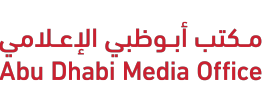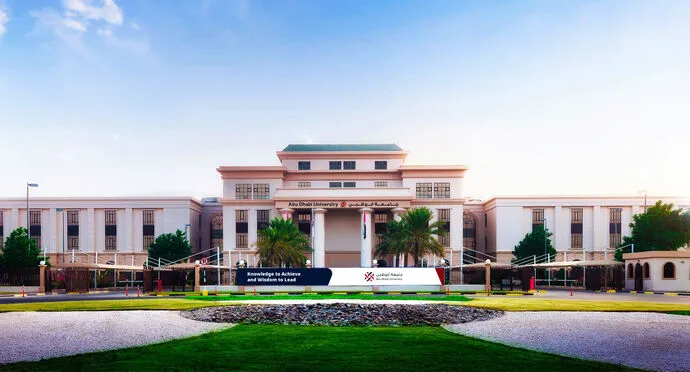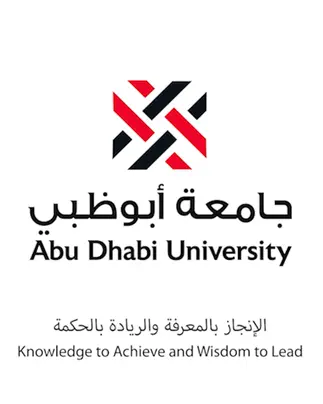Abu Dhabi University (ADU)’s Office of Research and Sponsored Programs (ORSP) has announced that ADU has published more than 3,000 research publications in the international Scopus Index.
The publications cover multidisciplinary themes, including engineering and technology, health science, business, finance and economics. A total of 80 per cent of ADU’s publications have been issued in the Q1 and Q2 categories. The publications support efforts in advancing research and innovation and contribute to shaping international conversations and solutions.
Recently, ADU’s College of Engineering faculty where listed in the world’s top two per cent of cited researchers for 2023, according to Stanford University. The projects listed cover a range of engineering disciplines that aim to find solutions for engineering challenges.
Professor Montasir Qasymeh, Associate Provost for Research and Academic Development at ADU, said: "We express our gratitude for this significant accomplishment, made possible through the unwavering dedication of ADU’s faculty and researchers. Their hard work and exceptional research output have played a vital role in solidifying the university’s position as a leading global institution in academic research. At ADU, we are committed to fostering and enabling innovative research initiatives to ensure that our faculty and students have access to world-class opportunities to advance their research skills and knowledge in addressing global challenges."
The ORSP was established to support ADU in expanding its research activities and building a reputation as a research-oriented university recognised nationally, regionally and internationally. The mission of the ORSP is to pursue excellence in selected strategic areas of applied research and innovative scholarly pursuits compatible with the socio-economic needs of the UAE.
Scopus, introduced by Elsevier in 2004, serves as an abstract and citation database. Containing an extensive collection of 36,377 titles, including 22,794 active and 13,583 inactive titles, the database collaborates with 11,678 publishers. Among these titles, 34,346 belong to peer-reviewed journals across key subject fields, including life sciences, social sciences, physical sciences and health sciences. The database employs a quartile system, where Q1 represents the top 25 per cent of journals, and Q2 includes journals ranking between 25 per cent and 50 per cent.









